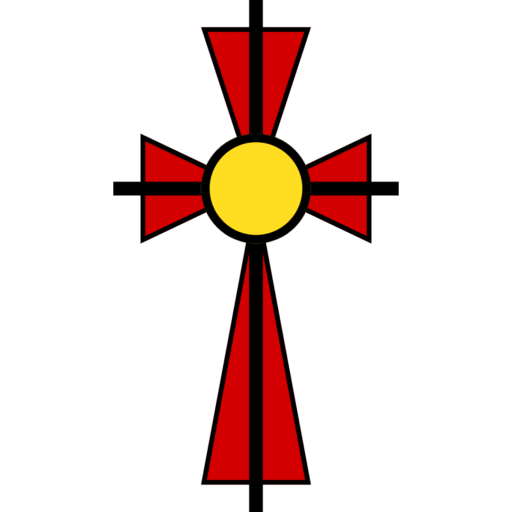Aion (Greek)
Greek for “age” or “era”—not forever. Key to understanding biblical timelines and fulfillment.
The word aion (????) appears frequently in the New Testament. While it’s often translated as “eternal,” “everlasting,” or “forever,” its more accurate meaning is age, epoch, or a defined period of time.
Yeshuans teaches that misunderstanding aion leads to major theological confusion—especially around topics like eternal punishment, eternal life, or “the end of the world.” Many passages are not about timeless duration but about the end of a covenantal age (e.g., Matthew 24:3, “the end of the aion”).
This word points to age-based transitions, such as the shift from the age of material religion to the age of the Spirit. Recognizing this allows readers to properly locate time statements in their historical context, reinforcing the fulfilled view of prophecy.
Discuss This Concept
